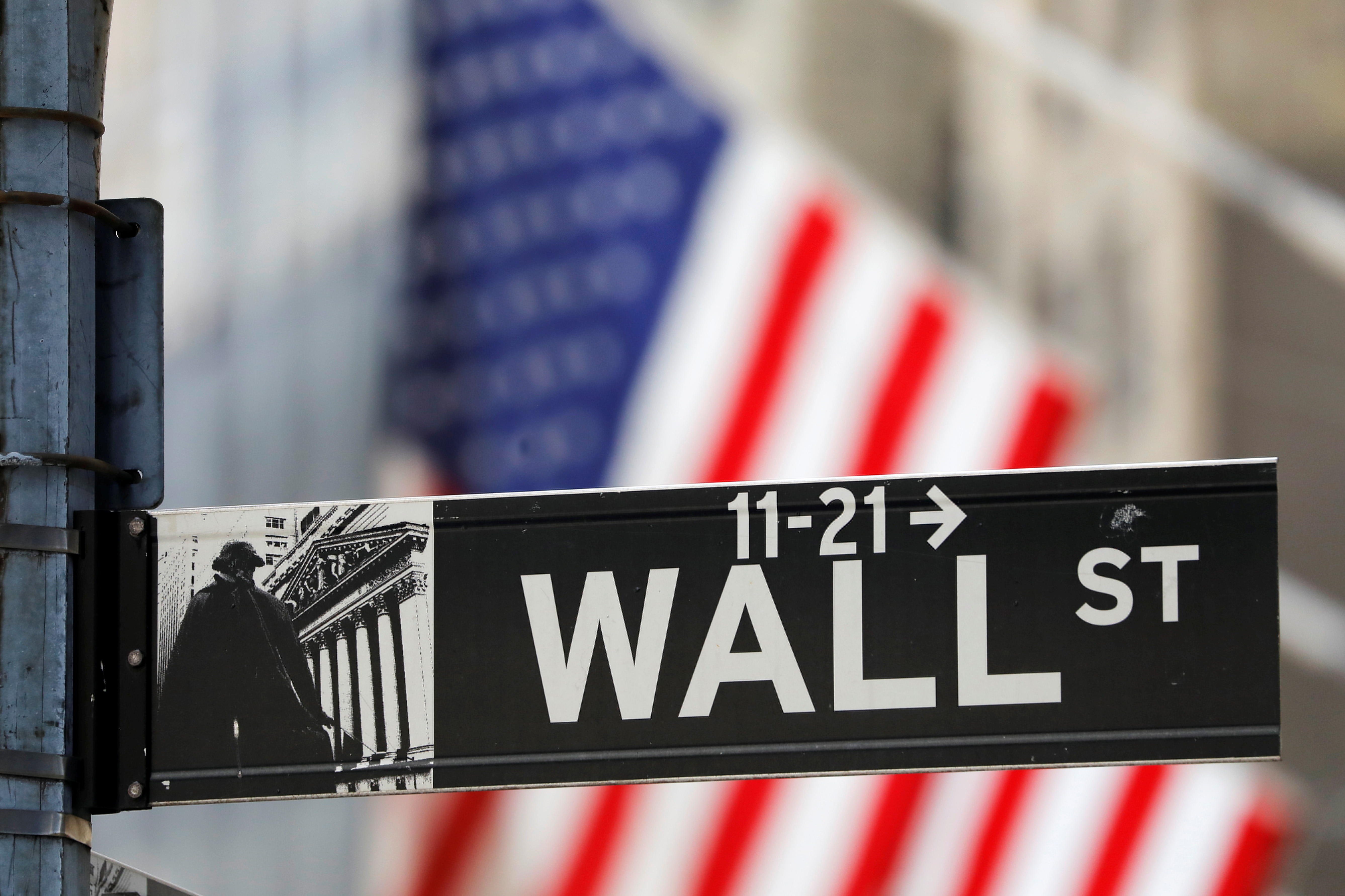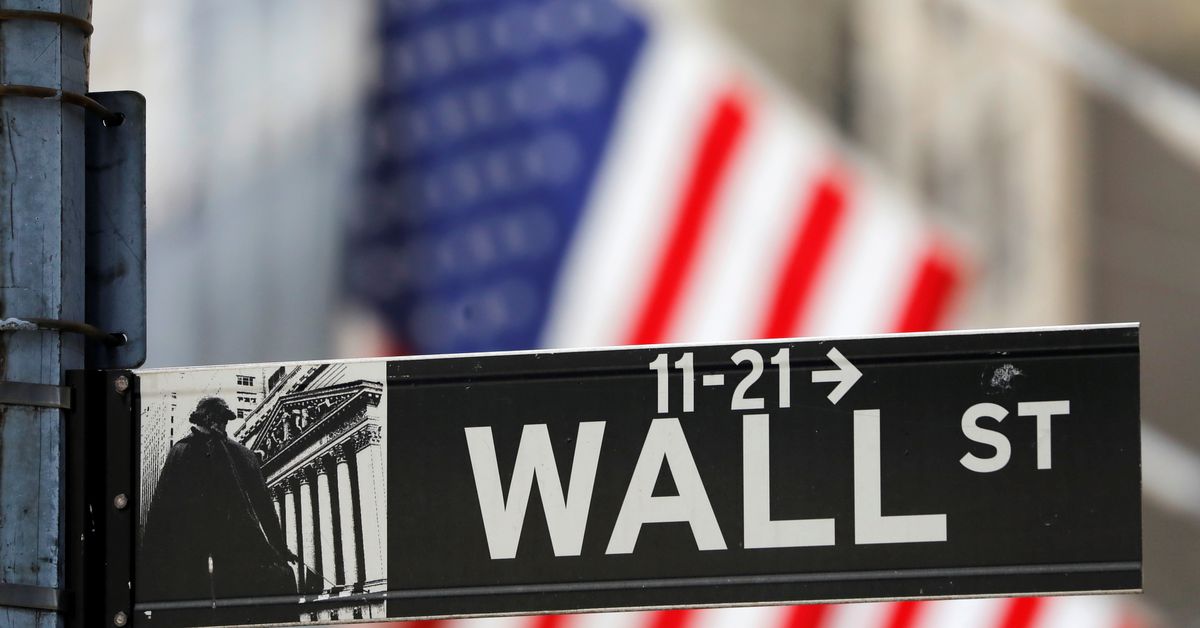Dec 7 (Reuters) – Wall Street’s main indexes finished Tuesday’s session with strong gains as investors shook off some anxiety about the latest coronavirus variant and investors boosted Nasdaq by piling into technology stocks.
Intel’s (INTC.O) announcement of plans to take its self-driving car unit Mobileye public in the United States next year pushed his shares to a 3% gain and cheered chip investors across the board.
The Philadelphia SE Semiconductor index (.SOX) closed up 4.97% after hitting a near one-month low on Tuesday.
Register now for FREE unlimited access to reuters.com
Register
Investors were also reassured by positive news about the Omicron variant of COVID-19, which had helped send them fleeing from risky bets last week.
Before market open, British drugmaker GSK (GSK.L) said an antibody-based COVID-19 therapy it is developing with Vir Biotechnology (VIR.O) was effective against all mutations of the Omicron variant. read more
That news added to the relief rally along with infectious disease official Anthony Fauci’s comment on Tuesday that preliminary evidence indicates while Omicron likely has a higher degree of transmissibility, it appears to be less severe. Fauci had made similar comments on Sunday. read more
“A week ago we saw a big scare because of Omicron and over the following week it appeared to be very contagious but less severe than people were worried about,” said Peter Tuz, president of Chase Investment Counsel in Charlottesville, Virginia.
Michael James, managing director of equity trading at Wedbush Securities in Los Angeles, said the Glaxosmithkline headline was already “instrumental to people’s sentiment.”
He also cited the Intel news and investor bets that the market would see its traditional December boost, known as the Santa Claus rally.
“There’s certainly fears of missing out on the Santa Claus rally,” said James. “It’s a bigger picture risk-on mentality that’s taking hold today.”

The Dow Jones Industrial Average (.DJI) rose 492.4 points, or 1.4%, to 35,719.43, the S&P 500 (.SPX) gained 95.08 points, or 2.07%, to 4,686.75 and the Nasdaq Composite (.IXIC) added 461.76 points, or 3.03%, to 15,686.92.
The CBOE volatility index (.VIX), often referred to the Wall Street fear gauge, eased from a more than 10-month high last week. It ended the day down 19.5 points at 21.89, its lowest close since Oct. 6.
All of the 11 major S&P sectors advanced, with information technology sector (.SPLRCT) closing up 3.5% for its biggest one-day percentage gain since March 9, with consumer discretionary (.SPLRCD) following suit with a 2.4% gain.
The S&P 1500 Hotels, Restaurant and Leisure (.SPCOMHRL) closed up 1.4%. After rallying for much of the day, the S&P 1500 Airlines (.SPCOMAIR) closed down 0.6%. The airline index had gained 5% on Monday.
In the semiconductor industry, other big gainers besides Intel were Nvidia (NVDA.O), which added 7.96%, while NXP Semiconductor (NXPI.O) and Applied Materials (AMAT.O) both advanced 6.5%.
Vir Biotechnology closed up 11.9%.
Merck & Co (MRK.N) fell 1.6% as Guggenheim downgraded the stock to “neutral” from “buy” after the drugmaker paused enrollment in two late-stage clinical trials testing its experimental drug for treatment and prevention of HIV-1.
Advancing issues outnumbered declining ones on the NYSE by a 4.10-to-1 ratio; on Nasdaq, a 3.37-to-1 ratio favored advancers.
The S&P 500 posted 37 new 52-week highs and no new lows; the Nasdaq Composite recorded 52 new highs and 48 new lows.
On U.S. exchanges, 11.38 billion shares changed hands compared with the 11.55 billion average for the last 20 sessions.
Register now for FREE unlimited access to reuters.com
Register
Reporting by Devik Jain, Shreyashi Sanyal in Bengaluru, Sinéad Carew in New York; Editing by Cynthia Osterman
Our Standards: The Thomson Reuters Trust Principles.
